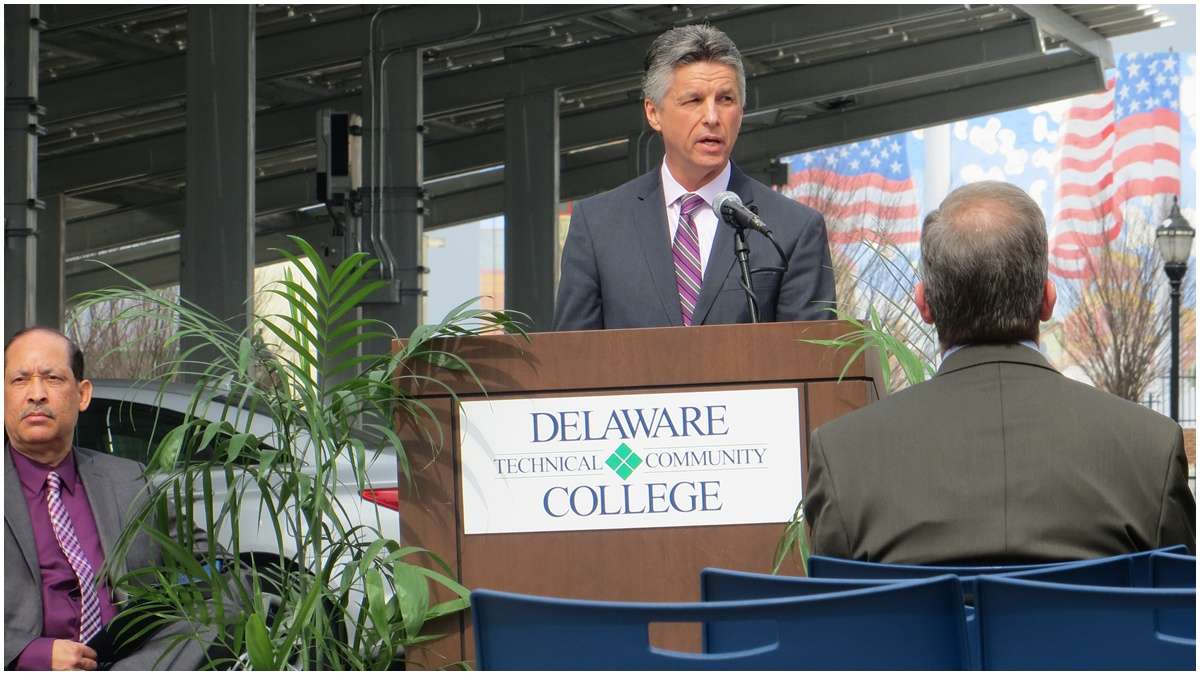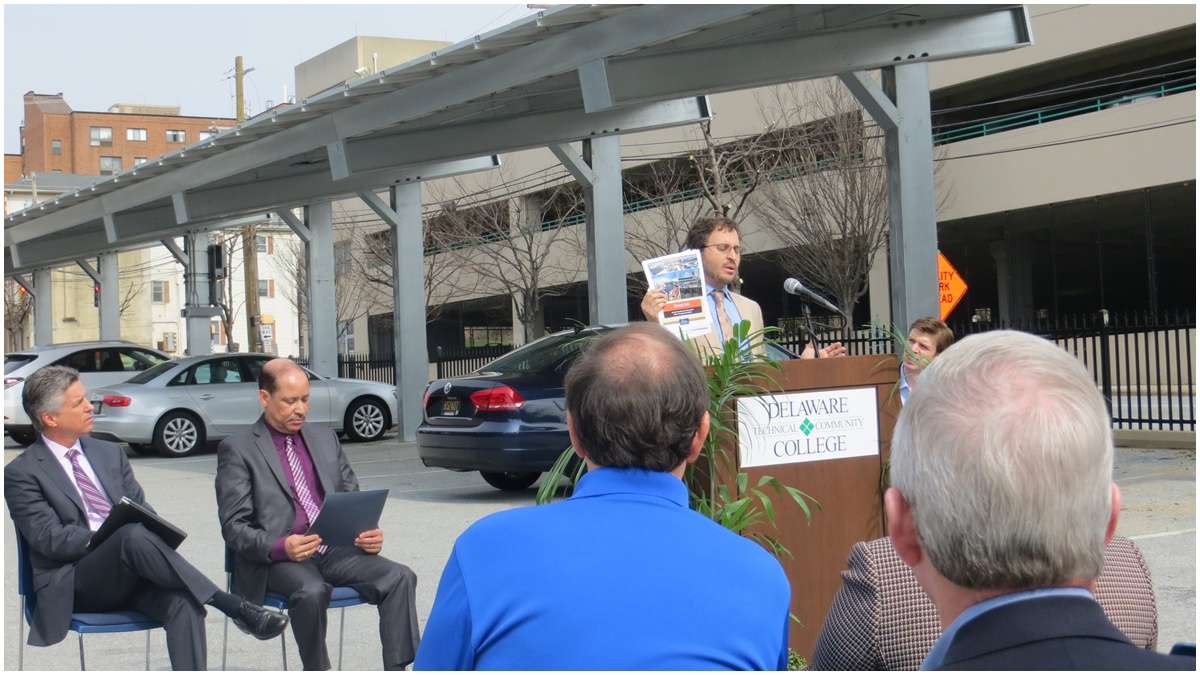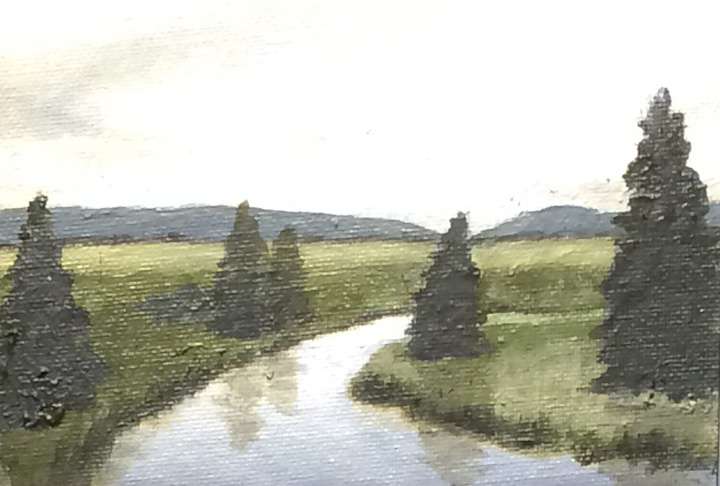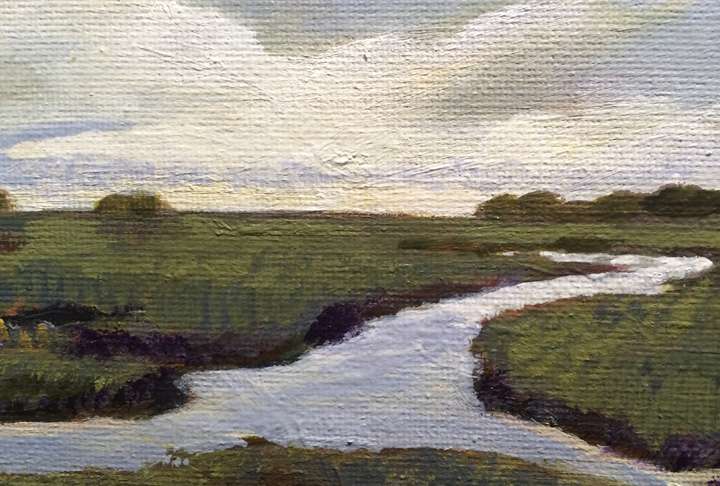‘Get rid of National Poetry Month,’ says Rutgers-Camden scholar and poet
As National Poetry Month draws to a close, J.T. Barbarese, an associate professor of English at Rutgers University–Camden, offers his take on the recognition — or lack thereof — of the writing tradition in the United States today.
Mind if I start complaining a bit? I can’t remember when the country dedicated an entire month to poetry. Probably in the ’80s? No, I just checked: “Inaugurated by the Academy of American Poets in 1996.” But the new calendar event hasn’t seemed to do anything for poetry, or poets, or readers.
In the late ’80s, the economy went into a steep decline — the market crashed in ’87 — that affected the publishing programs of many of the university presses. One immediate outcome was that the presses’ marketing staffs became de facto editorial boards, and many presses simply dropped their poetry series.
University of Georgia Press, for instance, which published my first two books, laid down their Contemporary Poets series in 1990.
Why National Poetry Month?
National Poetry Month was the tepid phoenix that rose from the ashes. I agree with Charles Bernstein, who teaches across the river at the University of Pennsylvania, that the whole idea is a coy attempt to commodify what is not a commodity.
It’s interesting and irritating that the only time the question of poetry’s importance comes up is in April. You feel compelled to say something, genuflect before the thing that appalls you, but that stands for the thing that you do. In his poem on Yeats’s death, Auden wrote that “poetry makes nothing happen, but survives/ In the valley of its saying, a mouth.” I don’t know that anyone has done better than that, except Shelley, who wrote in his “Defense of Poetry,” “Poetry, and the principle of self of which money is the visible incarnation, are the God and Mammon of this world.” Not wholly practical as an approach and appalling as an explanation, but it happens to be my favorite definition of the art.
Poets write because they must. Poetry is not a public service, though teaching it is, or can be. The best way to learn it is by internalizing it — through memorization, through constant reading, and rereading — and understanding that not all of it rhymes or runs in meters.
There are passages in Pynchon, Delillo, and Woolfe, in Nabokov — like the closing paragraphs of Lolita — that are poems. The last sentences of Walden, “The sun is but a morning star.” The last paragraph of Joyce’s “The Dead” and the first paragraph of “A Farewell to Arms” — all poetic, if not poems. Baby Sugg’s preaching in the clearing in “Beloved,” and whole stretches of McCarthy’s “Blood Meridian” I return to just to read aloud.
Why is poetry so important?
If you try to measure it in terms of how this culture understands usefulness, it is absolutely useless. It will not get you a job. Hart Crane wrote advertising copy that contributed nothing to his poetry except an aversion to advertising and a couple of the names on the billboards he names in “The River” section of “The Bridge.”
It will not help you win friends and influence people, even other poets. It may or may not be culturally acceptable, but it’s often hard to tell since it is mostly unread and ours is a culture in which less and less reading is actually done. Poets themselves often tend to read no poems but their own.
The magnitude of poetry’s uselessness is the single enduring argument for why you go on reading it. Its importance rests on its thorough invisibility.
Listen to poets read their work and buy their books. With music as with poetry: there is no substitute for live performance. One advantage of the Internet is that I can now listen to, say, Ginsberg read “Howl,” having heard it only in my own voice, aloud or in my head, for decades. Educate your taste, but try not to surrender it to critics.
How else can we recognize the significance of poetry in American culture?
Get rid of National Poetry Month. It strikes me as another one of those bad ideas invented by people of good will. Or by editors. Or a marketing group. Umberto Eco, years ago, suggested that the only way to save civilization was to abolish compulsory education. I am not sure he was just kidding.
Truly interesting people — I think Hitchens said this — are always autodidacts. “Poetry” is a thing that is taught in school by consumers for consumers as if it were a sacred cultural commodity or a kind of vaccination against abomination. Poetry is something else.
—
J.T. Barbarese is an associate professor of English at Rutgers University–Camden. He has published five books of poems, including his most recent, “Sweet Spot.” His poems and translations have appeared in The Atlantic Monthly, Boulevard, Poetry, The New Yorker and The Times Literary Supplement. He is also co-executive editor of StoryQuarterly, a publication based at Rutgers–Camden for established and emerging writers.
WHYY is your source for fact-based, in-depth journalism and information. As a nonprofit organization, we rely on financial support from readers like you. Please give today.















